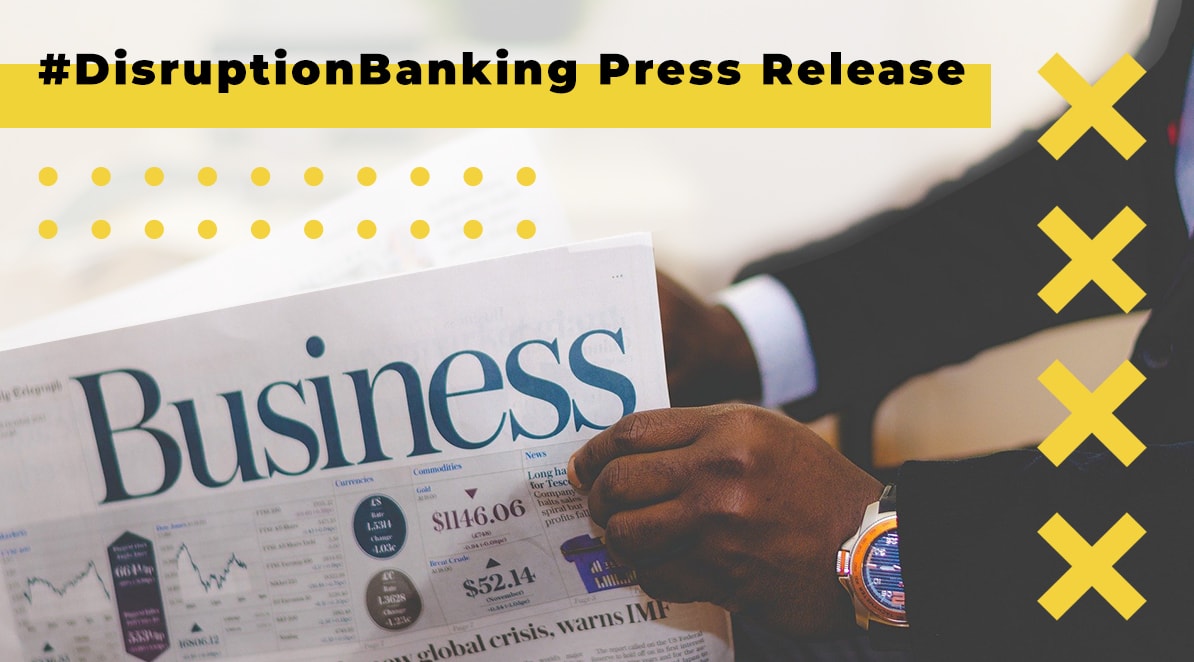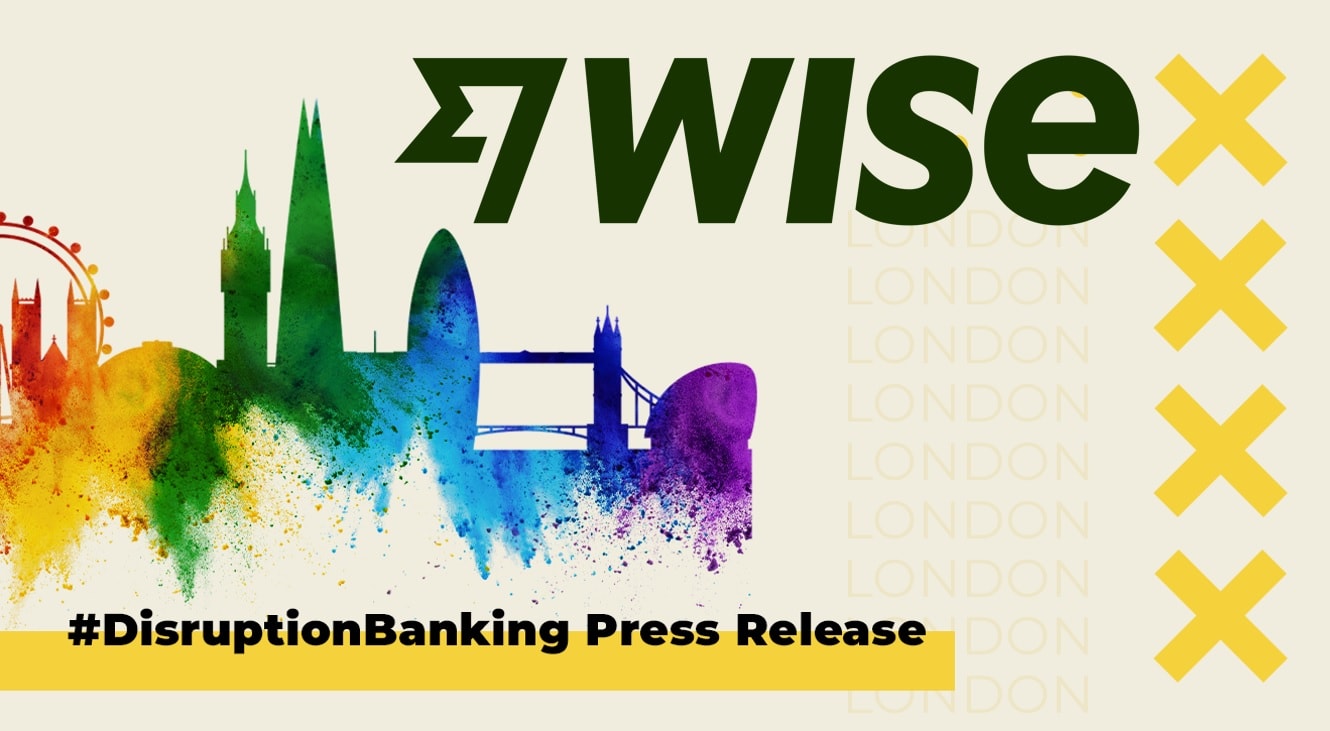Blockchain was first introduced in 2008 and was created to improve the way that business’ function. Here’s how Blockchain can help businesses in the accounting sector to thrive against competition and work more efficiently.
The history of Blockchain
Blockchain, a digital way of recording business transactions, has found its way into pretty much every industry. Travel, education, banking, insurance, and even real estate businesses rely on Blockchain to keep an eye on their spending and income and digitally track it.
By using math and cryptography Blockchain can provide users with an open, decentralised database of any transaction. The transaction doesn’t have to be monetary; it can cover goods, property and work carried out. Even votes can be managed through Blockchain, as the programme uses value as its metric decider.
Expert consultancy group RSM comments that “Blockchain eliminates the tedious work of collecting, storing and organizing data. It also helps keep a track of all the transactions and hence, it increases the scope of accounting. Checking the details of a transaction is only one of the many components of auditing. So, when Blockchain takes care of the other technicalities, the Auditors can look into the intricacies of those elements that require business knowledge.”
Anyone with access to the internet can use Blockchain and get involved with transactions, meaning that third party trusts won’t always be necessary.
Why is this important for the accounting industry?
To meet the requirements, set by accounting regulations, the industry has needed to provide paper trails in order to perform transactions and accounting functions. Blockchain will allow accountants to file this information digitally, meaning that there is less risk of documents getting lost or landing in the wrong hands.
This will thoroughly streamline audits and processes carried out by accountants and CPA firms, as it provides a transparent record of all data inputted. This means that the data entered is completely accurate and truthful, and there is no room for human error as there is less need for manual data entry.
Keeping up to date with accounts and managing a business’ financial transactions can be difficult, especially if the business processes many transactions from day to day. As the accountants close the books and accounts at the end of each month, they might find it a struggle to keep on top of what transactions have been made by the business. It can be time consuming, with some audits taking days and even weeks to complete, and there could be a few errors to account for if information slips through the net.
Blockchain technology allows this work to be done with real-time processing, meaning that transactions can be accounted for and managed at a much more reasonable rate.















